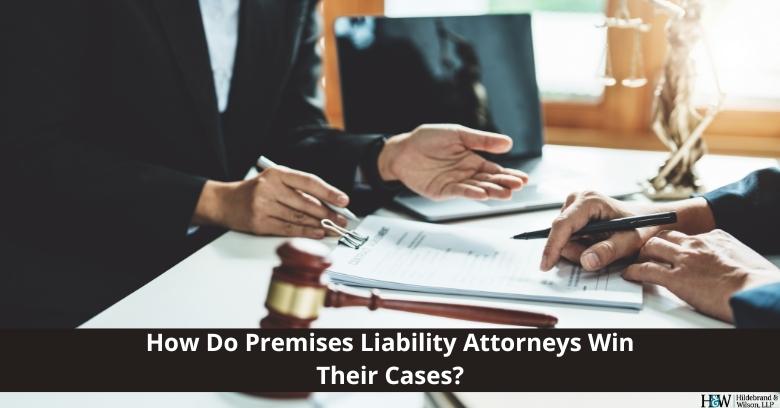BOATING ACCIDENT ATTORNEYS IN PEARLAND, TEXAS
Texas waterways provide recreation, sport, and relaxation to thousands of people every year. Nonetheless, they can be dangerous places. Texas boating accidents reached a 30-year high in 2020, resulting in a 64% increase in injuries and a 45% increase in fatalities over 2019.
Unlike auto crashes on Texas roadways, accidents that occur on waterways can involve both federal and Texas law. Federal law is focused primarily on commercial watercraft rather than recreational; however, they share many waterways which creates the potential for federal and state law to collide. This makes personal injury and wrongful death claims arising from boating accidents more complicated than those arising from auto accidents.
At Hildebrand & Wilson, LLC, we help clients injured in boating accidents caused by someone else’s negligence navigate the legal waters of pursuing a claim. We serve clients in Pearland, Texas, as well as Houston, Dallas, San Antonio, Austin, and Corpus Christi who need someone working harder for them than the attorneys working for those responsible for their injuries.
What Types of Boating Accidents Happen in Texas?
There are two major types of accidents: recreational accidents and maritime industry accidents. Texas law applies to the safe operation of all vessels on public water, with the exception of seaplanes. Vessels include boats operated by wind or paddles, motorboats, and personal watercraft. Personal watercraft includes jet skis and wave runners, which are designed for people to stand or sit on them and are propelled by motors.
Who May Be Liable for a Boating Accident?
Anyone whose negligence contributed to causing a boating accident may be held legally liable for the damages of those injured or killed as a result. This would include the operator of a vessel you were on when you were injured, as well as the operator of another vessel who caused an accident. The owners of these vessels could be held liable as well, particularly if they allowed someone to use their vessel without proper certification, while under the influence, or while the vessel was unsafe.
In Texas, anyone born on or after September 1, 1993, must have a boater identification card to operate a vessel powered by 15 horsepower or more and a windblown vessel longer than 14 feet.
Others who can be held liable include:
-
A dock owner who fails to maintain a safe dock or post warnings designed to ensure the safety of those using the dock
-
A boat, motor, or other related manufacturer whose product design flaw or failure contributes to causing an accident
-
Anyone under the influence of drugs or alcohol, as with the operation of motor vehicles, who contributes to the cause of an accident
-
Any others whose negligence or recklessness contributes to the cause
What Laws Affect Boating Accidents?
Both state and federal law requires that parties owe a duty of care to others to protect the health and safety of others.
Federal laws apply predominantly to the operation of commercial boats on navigable waters. Laws regulate and provide protections and recourse for those who work on commercial boats, docks, or at sea.
The Texas Water Safety Act protects individuals and property connected to recreational activities and facilities in use of public waters. The law regulates vessel and motor numbering and titling, licensing rules, inspections, and mandatory equipment. Vessels are required to provide one life vest or approved flotation device for each person on board. Although they must be readily accessible for anyone ages 13 and older, those under age 13 must wear one when the vessel is underway. Anyone under age 13 must also be supervised by someone age 18 or older while operating personal watercraft.
The law also mandates compliance with the “rules of the road” governing the safe and lawful operation of vehicles on Texas roadways and the prohibition of boating while under the influence of drugs or alcohol.
How Can I Prove Negligence?
As with any personal injury claim, the victim must prove three successive facts:
-
The negligent party owed the victim a duty of care.
-
The negligent party breached the duty of care.
-
The breach of the duty of care caused the victim’s injuries and damages.
BOATING ACCIDENT ATTORNEYS IN PEARLAND, TEXAS
If anyone’s negligence resulted in injuries you sustained during activities related to Texas public waterways, you can hold them responsible for compensation for your damages. You need an experienced boating accident attorney on your side. We have worked tirelessly for clients and their families in Pearland, Houston, Dallas, San Antonio, Austin, and Corpus Christi, Texas. Call Hildebrand & Wilson, LLC now to schedule a free case consultation.





